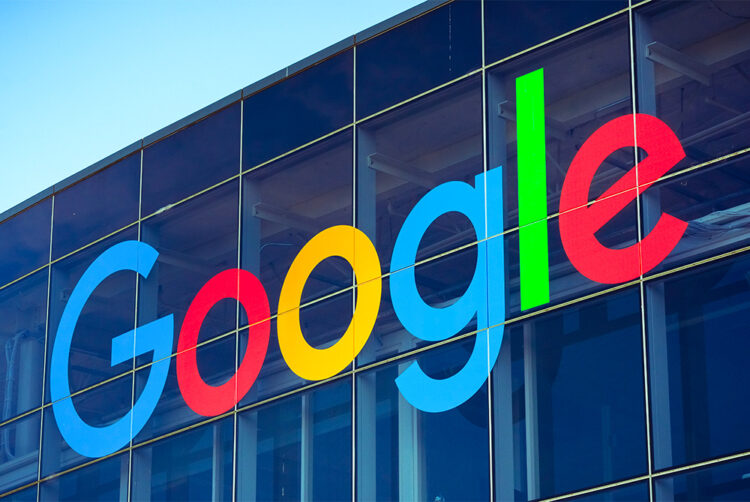Google charging for AI search: 5 key questions

Analysis
Google is considering charging for access to AI-powered search features, according to a report in the Financial Times (FT) last week.
If this goes ahead, it would be the first time Google has put core search functions behind a paywall. However, according to the FT, Google has yet to make a decision on whether to do so, despite asking developers to begin work on such a feature.
Separately, the BBC is reporting that Google has begun testing AI-written search answers (dubbed the “Search Generative Experience”, or SGE) in the UK, following tests in the US last year.
A spokesperson for Google told The Media Leader: “For years, we’ve been reinventing search to help people access information in the way that’s most natural to them.
“With our generative AI experiments in search, we’ve already served billions of queries and we’re seeing positive search query growth in all of our major markets. We’re continuing to rapidly improve the product to serve new user needs.”
The spokesperson added that, in terms of developing premium subscription options, “we’re not working on or considering an ad-free search experience. As we’ve done many times before, we’ll continue to build new premium capabilities and services to enhance our subscription offerings across Google.
“We don’t have anything to announce right now.”
Yet, if Google is considering placing its AI-generated search experience behind a paywall, it does raise further questions. A spokesperson at Google declined to answer these queries.
If there are ads on both paid and free search experiences, what would entice users to pay?
Google made $175bn in revenue from search advertising last year, so it should be little surprise that the company is not considering an ad-free search experience.
But if users are asked to pay for access to generative-AI search, the feature would need to be good enough for users to be willing to pay for it, even if ads will still be included.
That could be a high bar. As industry analyst Ian Whittaker noted, the idea to put generative-AI search behind a paywall is itself an admission that such a tool has “a niche rather than mass-market” appeal.
How much of a threat is AI to the status quo of search?
Intrinsic to the consideration of adopting a new business model for search is that the status quo is potentially untenable in an era when users can ask a generative AI queries rather than scanning through search results manually.
Google’s SGE still retains ads in dedicated slots throughout the page in a similar way to traditional search — something that can be helpful for commercial queries such as looking up products or services.
But according to a report in January, Google’s generative-AI search is behind 84% of queries, with brands potentially losing 20-36% of total organic traffic as a result.
How would publishers be protected by advanced AI search if users don’t need to click on links for information?
The impact of Google’s move will be felt by publishers. From a consumer behaviour perspective, if generative AI is able to spit out text that summarises the key takeaways from articles, users are likely to be less inclined to click on any links provided as reference.
The result could be a severe loss of traffic to publishers from search at a time when many online publishers are still reeling from declines in traffic from social media sites like Facebook and X, which have deprioritised news in their feeds over the past year.
A number of publishers have already sought to cut licensing deals with AI companies to ensure they are at least compensated as the AI scrapes information from their content. However, it is not clear whether such deals will make up for losses in ad revenue that would follow a decline in search traffic.
How much more expensive is it for Google to run AI-generated search results compared with traditional search results?
Part of the reason for charging users for access to generative search results could be due to the increased costs associated with delivering such results.
As the FT report noted, AI-powered search results “are more costly for Google to serve up” than traditional search responses, because generative AI is more energy-intensive.
It is yet unclear the degree to which the increased costs associated with AI-generated search could be made up for within Google’s existing business model. If such costs weigh on profit, it would be unsurprising to see Google explore new revenue streams.
Would Google need to charge lower CPMs if users were primarily using AI for search queries?
If Google’s SGE does take off in popularity, it is unclear whether the value of advertising on search will decrease. The Media Leader understands that beta users of SGE have found ads placed above or below AI-powered results useful for taking further actions following their query, but it is unclear whether that would translate at scale.
If users are less likely to interact with advertising through the SGE, that could have an impact on the price Google is able to charge for advertising.



